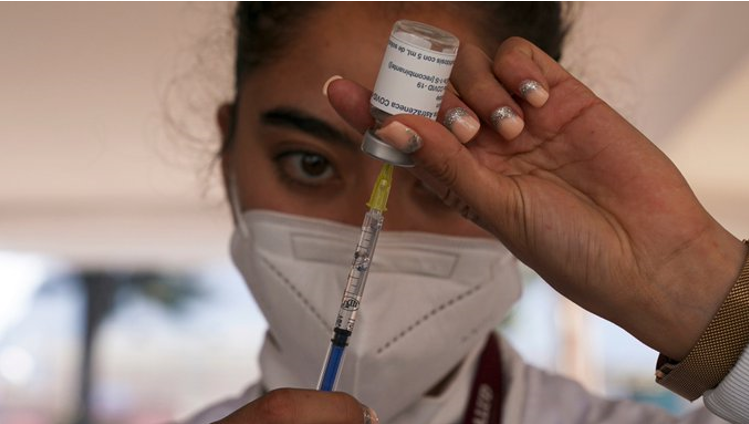Children and teens who got infected by Covid-19 are more prone to diabetes
17-Oct-2024Some experts also think Covid-19 could affect the pancreas, which plays a key role in insulin production, potentially leading to problems with blood sugar control.

A new study suggests that children and teens who get Covid-19 may face a higher risk of developing type 2 diabetes compared to those who had other respiratory infections.
The study, published in JAMA Network Open, involved over 6,14,000 pediatric patients in the US, aged 10 to 19 years.
Researchers from Case Western Reserve University looked at medical records from January 2020 to December 2022. They compared the rates of new type 2 diabetes diagnoses in children who had Covid-19 with those who had other respiratory infections.
The results of the study showed that children who had Covid-19 were more likely to develop type 2 diabetes within 1, 3, and 6 months after infection. This higher risk was present regardless of whether the child was hospitalised or not.
The researchers believe that several factors may contribute to this increased risk. Covid-19 may put extra stress on the body, especially in children already at risk for diabetes.
Some experts also think Covid-19 could affect the pancreas, which plays a key role in insulin production, potentially leading to problems with blood sugar control.
Although the overall risk of developing type 2 diabetes after Covid-19 is still relatively low, the study highlights the potential long-term health consequences for children.
Children diagnosed with type 2 diabetes are likely to face more severe disease and complications earlier in life, leading to higher lifetime medical costs.
The researchers also note that while new treatments and interventions for type 2 diabetes, such as weight control, are available, the focus should remain on preventing the disease in vulnerable children.







